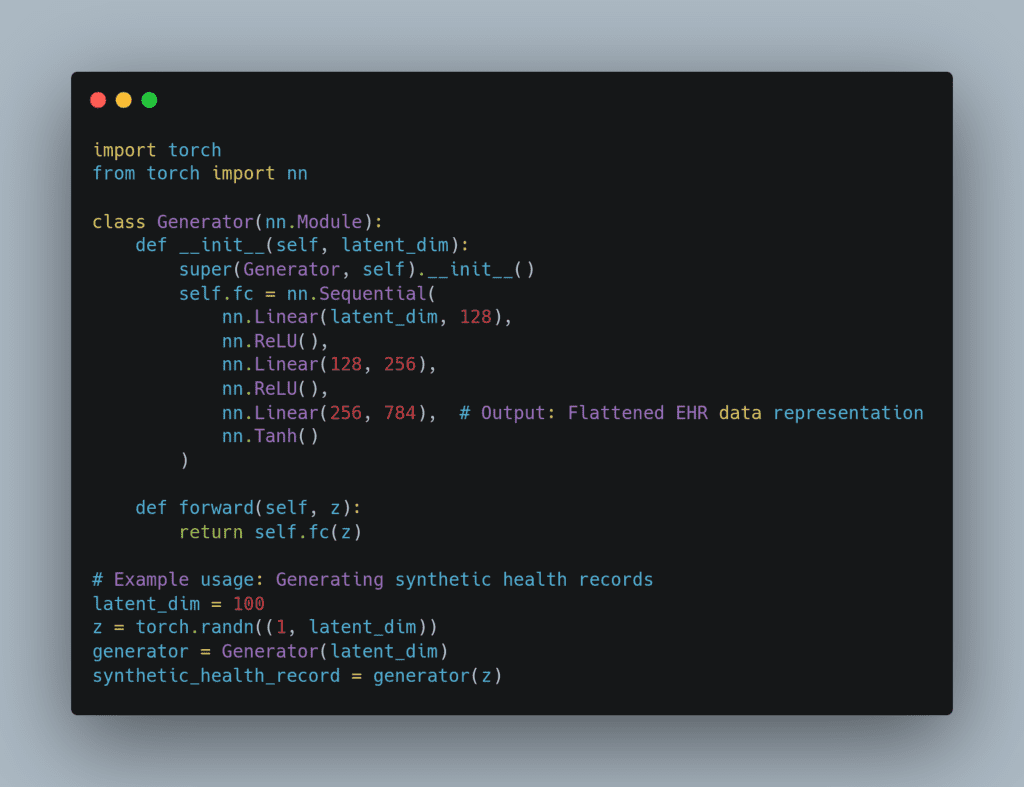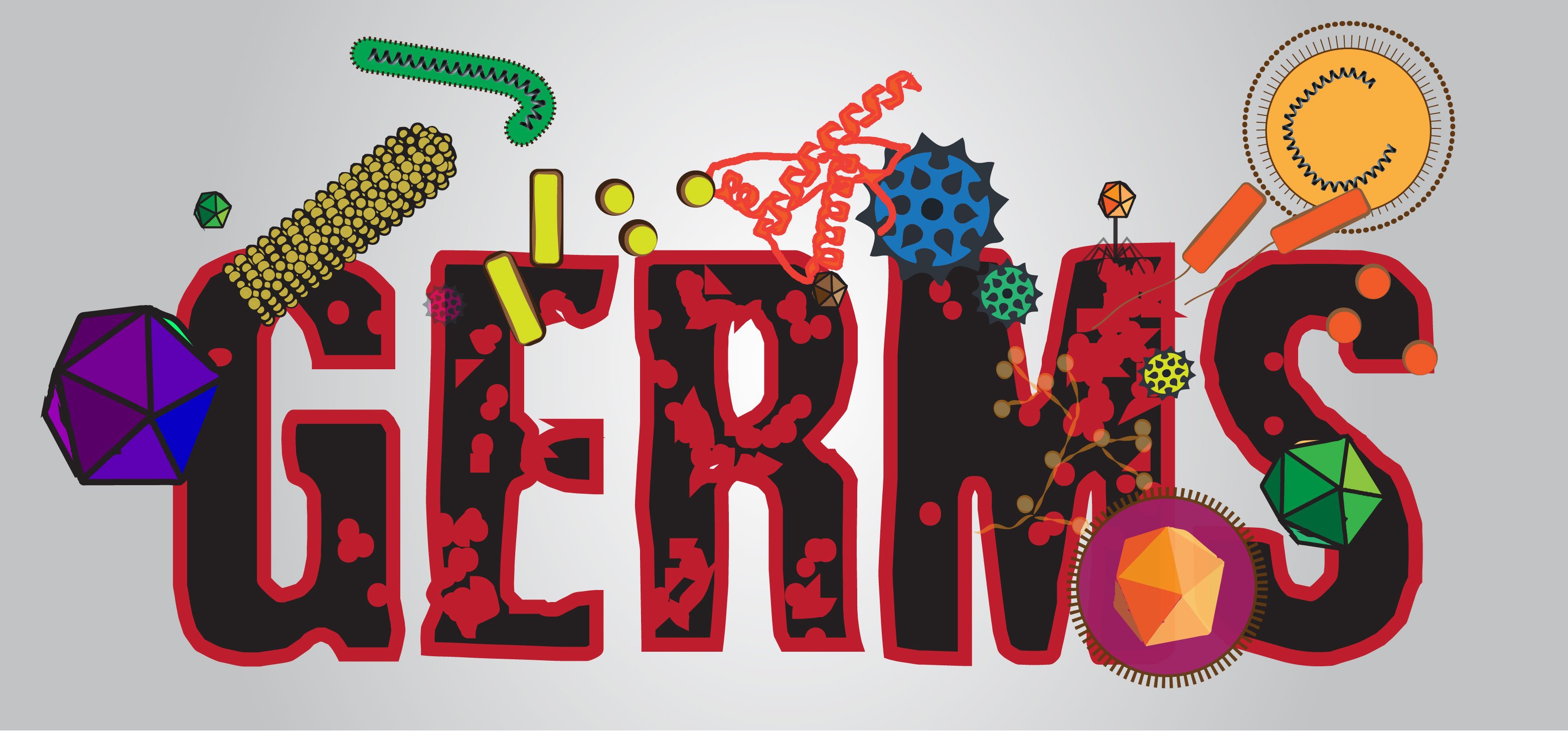Generative AI is a branch of artificial intelligence that has emerged as a transformative technology capable of reshaping industries. It can create unique solutions for complex challenges. Generative AI development services use advanced techniques like deep learning, neural networks, and natural language processing to enable systems to generate designs, predict outcomes, synthesize data, and mimic […]
Generative AI is a branch of artificial intelligence that has emerged as a transformative technology capable of reshaping industries. It can create unique solutions for complex challenges.
Generative AI development services use advanced techniques like deep learning, neural networks, and natural language processing to enable systems to generate designs, predict outcomes, synthesize data, and mimic human creativity.
It is a game-changer in today’s technological landscape, as it is versatile in various domains, from conceptualizing products to optimizing workflows. This article discusses how generative AI can revolutionize three critical industries: manufacturing, healthcare, and construction. It can predict failure in manufacturing and dynamically configure the production line.
In healthcare, it can help in privacy-preserving research by generating synthetic data and speeding up surgical training. Moreover, generative AI can simulate rare medical conditions. In construction, it can optimize structural designs for resilience and reduce lifecycle carbon footprints.
For further illustration, the article will contain a technical example showing how generative AI can be used to create synthetic medical records for real-world applications in healthcare.
Generative AI in Manufacturing
Generative AI development services have numerous applications in the manufacturing industry, including:
-
Failure Prediction and Maintenance Optimization
Generative AI can simulate operational environments and identify potential equipment failures before they occur. By generating synthetic datasets based on machinery telemetry, AI models improve predictive maintenance strategies, reducing downtime and extending equipment lifespans.
For example, factory robots powered by generative AI can simulate wear patterns and predict failures under different operational conditions.
-
Dynamic Production Line Configuration
AI systems can design and simulate new layouts for production lines, dynamically reconfiguring them based on real-time demand and resource availability.
By synthesizing multiple configurations and evaluating their efficiency, generative AI reduces production bottlenecks and enhances scalability. This approach is critical for industries with rapidly changing production needs, such as electronics and consumer goods.
These applications showcase generative AI as a cornerstone of Industry 4.0, highlighting its potential for innovation and competitiveness.
Generative AI Development Services in Healthcare
Generative AI development services is transforming healthcare with unique applications that go beyond traditional uses:
-
Augmented Surgical Training with AI-Generated Scenarios
Generative AI can create realistic virtual environments simulating complex surgical scenarios, including rare complications and high-risk procedures.
Surgeons can practice these scenarios risk-free, refining their skills and preparing for unexpected challenges in real-world surgeries. This approach enhances training and improves surgical outcomes by reducing the likelihood of errors.
-
Synthetic Health Record Generation for Privacy-Preserving Research
Generative models can create synthetic electronic health records (EHRs) that replicate the statistical properties of real patient data while ensuring privacy.
These synthetic records enable researchers to study disease trends, treatment outcomes, and healthcare resource allocation without exposing sensitive patient information.
This application balances the need for data accessibility with stringent privacy requirements, accelerating healthcare research and innovation.
Here’s a Python snippet illustrating how a simple GAN can generate synthetic medical records:

This code demonstrates how a simple GAN can generate synthetic health records. To use this effectively, the GAN must first be trained on a dataset of real EHRs.
The training process involves a generator (producing synthetic data) and a discriminator (evaluating realism). Both models are optimized iteratively, enabling the generator to produce realistic synthetic records over time.
These synthetic records can be used for:
- Expanding datasets for machine learning without privacy concerns.
- Testing predictive healthcare models on diverse and large-scale datasets.
- Facilitating research into rare diseases with simulated patient data.
This integration demonstrates the technical prowess of generative AI, enabling significant advancements in healthcare applications.
The generator can also be integrated into workflows for research and development, such as simulating rare medical conditions to understand and treat them better.
Generative AI in Construction
The construction industry can use generative AI development services to enhance efficiency and creativity. Major applications include:
-
Automated Structural Optimization for Resilient Buildings
Generative AI can evaluate and enhance building designs to ensure resilience against earthquakes, extreme weather, and other environmental challenges.
By simulating stress distributions and material behaviors under various conditions, AI can propose optimized structures that minimize material use while maximizing strength and durability.
This application is especially valuable for constructing critical infrastructure in disaster-prone areas.
-
Lifecycle Carbon Footprint Optimization
Generative AI can model and optimize the entire lifecycle of a construction project, from material sourcing to demolition. Analyzing environmental impacts at each stage generates sustainable solutions that reduce carbon footprints.
For example, it can recommend low-emission materials, design structures that facilitate recycling, and suggest energy-efficient construction techniques.
Furthermore, tools like Unity and Blender, combined with AI plugins, are widely used in the construction industry to automate repetitive tasks and enhance decision-making.
By transforming project workflows, generative AI can empower the construction sector to achieve higher efficiency and creativity.
Challenges and Ethical Considerations
Despite its transformative potential, generative AI faces several challenges:
- Computational Costs: Training large models can be expensive, especially for small-scale organizations.
- Data Quality and Bias: The reliability of AI outputs depends heavily on the quality and fairness of training data.
- Ethical Concerns: Misusing generative AI to create deepfakes or misleading data raises significant ethical issues. Strict guidelines and regulations are needed to prevent such misuse.
- Job Displacement: Automation powered by generative AI may lead to job displacement, necessitating measures to upskill workers and ensure equitable benefits.
Conclusion
Generative AI revolutionizes industries by driving innovation, enhancing efficiency, and addressing complex challenges. It optimizes production lines and predicts equipment failures in manufacturing, reducing downtime and costs.
In healthcare, it preserves privacy while enabling advanced research with synthetic data and supports surgical training through AI-generated scenarios.
Similarly, it optimizes building designs for resilience in construction and reduces lifecycle carbon footprints, promoting sustainability and safety. These diverse applications demonstrate generative AI’s versatility and transformative potential in reshaping critical sectors.
However, unlocking generative AI’s full potential requires overcoming challenges such as high computational costs, data quality issues, and ethical concerns like misuse and job displacement.
We can ensure its responsible adoption by addressing these obstacles through better regulations, improved data practices, and upskilling the workforce.
When used ethically, generative AI development services has the power to create a smarter, more sustainable future while empowering industries to achieve groundbreaking advancements.
If you need further help, you can contact us at info@xavor.com. We will schedule a free consultation session to explore how Xavor can assist you.








